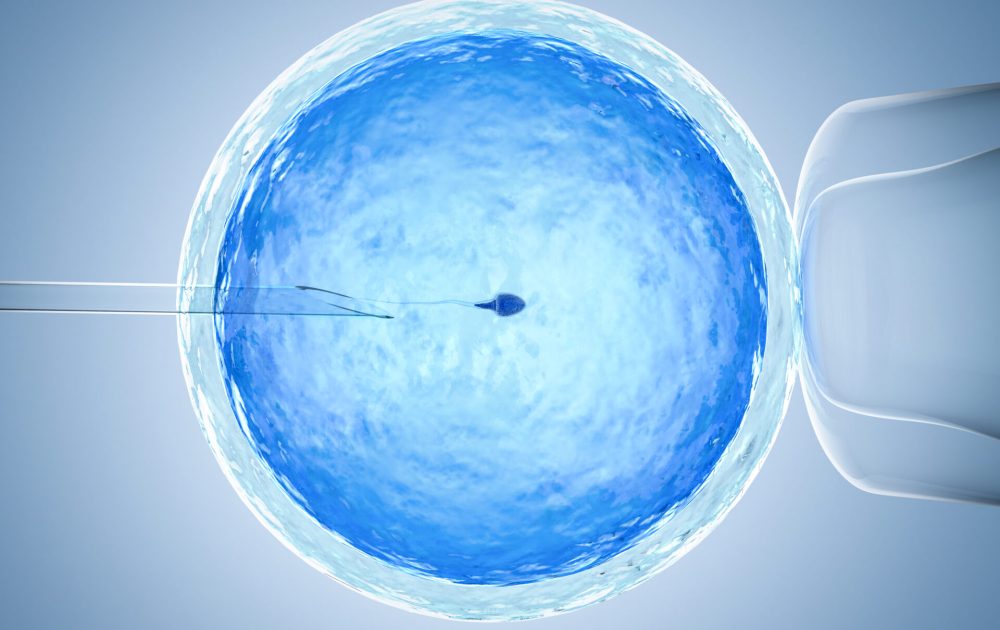Our test tells you which everyday chemicals you've recently come into contact with, and easy steps you can follow to reduce your exposure to them.
Air quality can reduce IVF birth outcomes

The success of IVF may be influenced by the quality of air at the time when eggs are harvested for fertilisation new research finds. Exposure to particulate matter in ambient air was associated with significantly lower live births according to research carried out over an 8 year period in Perth, Australia.
More than 3600 IVF transfers were analysed over periods of one day, two weeks, one month, and 3 months. Records of air quality during these periods were analysed for levels of particulate and small particulate matter, key measures of air quality. Whilst levels were generally good, and not exceeding WHO guidelines for air quality, the results found a negative association between air quality at the time eggs were harvested and live birth outcomes.
Exposure to particulate matter was compared at higher and lower levels, and a difference of 38% fewer live births was reported, suggesting for the first time that exposure to air pollution, even at relatively low levels can influence successful outcomes of IVF. Differences were also found in live birth rates linked to small particulate matter exposure.
What is particulate matter(PM)?
Particulate matter is the mixture of solid particles and liquid droplets in the air. It is measured in micrometers and particles that measure less than 10 micrometers in diameter are known as PM10. Smaller particles are known as fine particulate matter or PM2.5 – they have a diameter of less than 2.5 micrometers, or one 400th of a millimeter wide. PM2.5 typically makes up two thirds of all particulate matter and consists of microscopic particles such as combustion particles, organic compounds, and metals. It can be detected in the air of both outdoor and indoor environments.
How particulate matter affects our health
PM2.5 are easily inhaled due to their size and can adversely affect our respiratory and circulatory system. They can cause problems in the lungs, heart, and throughout the whole body, raising the risk of stroke and heart disease. It has been scientifically proven that PM2.5 causes changes in lung cells which can increase the likelihood of them becoming cancerous tumours. Exposure to environmental pollution can also be passed on by men to their future offspring, revealed in a study analysing the effects of pollutant exposure on future generations.
Can you avoid exposure to particulate matter?
This is a really challenging matter as we live in towns and cities where air quality fluctuates daily, but this study raises concerns about the impact of poorer air quality on IVF treatments for the first time. Read our post for suggestions about how to reduce your exposure to particulate matter.
More reading
Read the IVF air quality full study here.